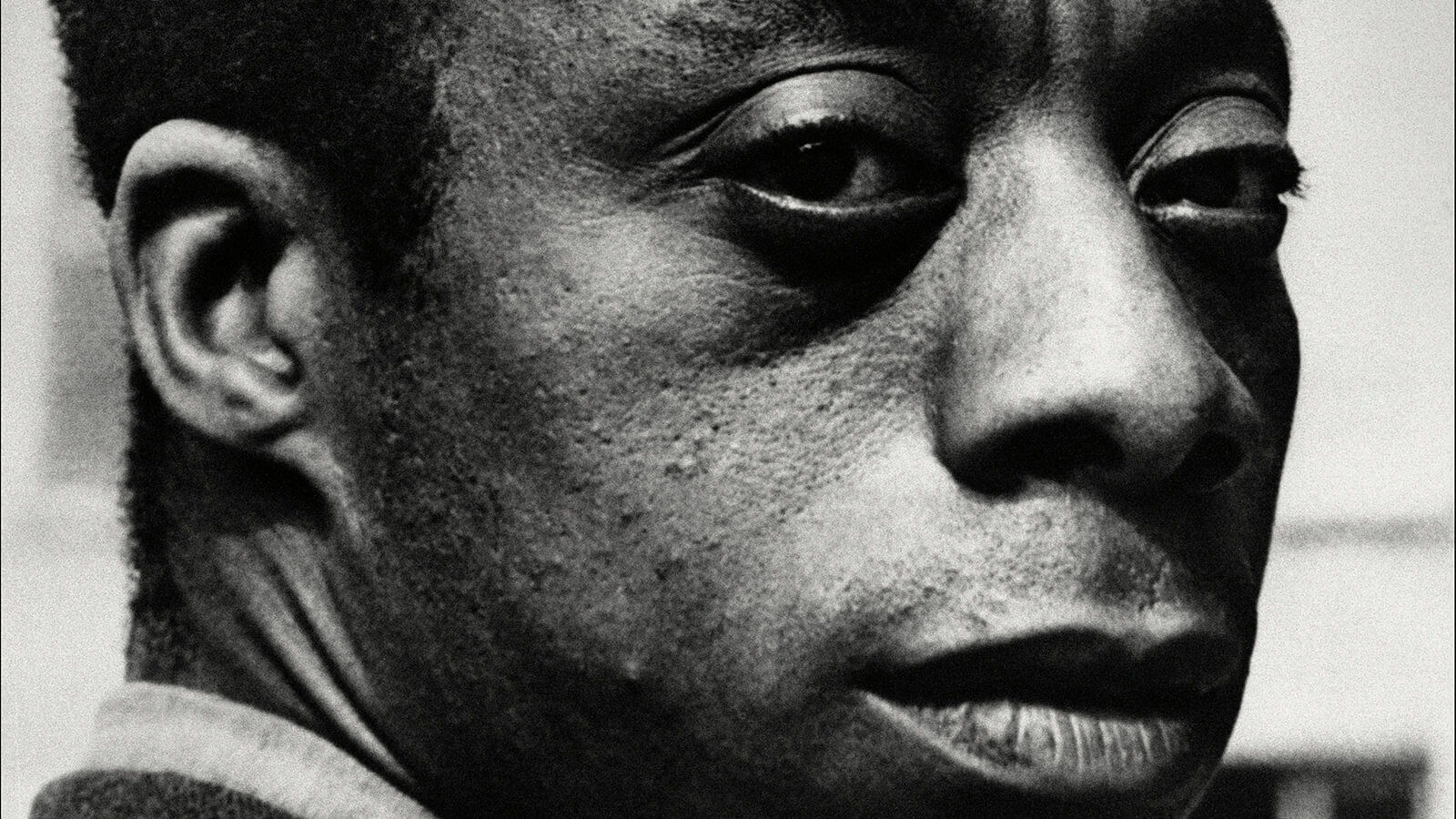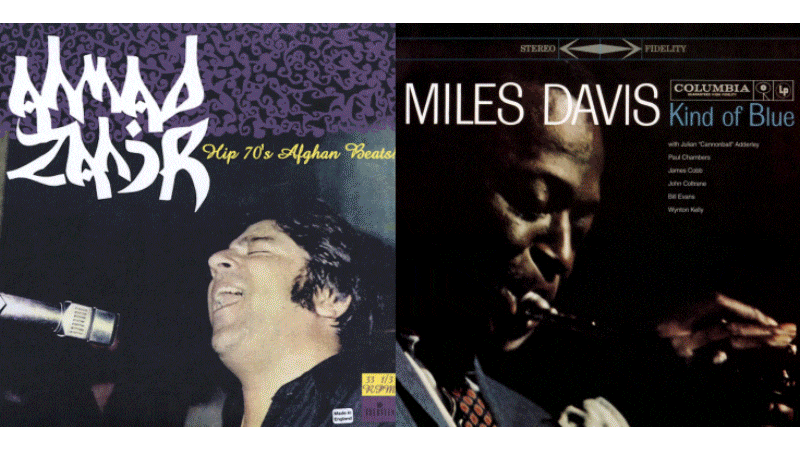Northern Ireland: Life After The Troubles
Dua’s Monthly Read for June is Say Nothing, the ‘non-fiction novel’ in which Patrick Radden Keefe delves into the Troubles in Northern Ireland. Through the story of the disappearance of 38-year-old Jean McConville in 1972, the author explores the impact of the Troubles upon ordinary people. Here, author and journalist Mark Lynas further delves into life in Northern Ireland after the war
The long war in Northern Ireland officially ended on 10 April 1998, with the signing of the Good Friday Agreement in Belfast. After 30 years of bombings, assassinations, disappearances, hunger strikes and prison escapes, the major parties to the conflict agreed to lay down their weapons and pursue a purely peaceful strategy going forward. After signing, the peace deal was approved in referenda held on both sides of the border, in the Irish Republic and in Northern Ireland itself.
The agreement involved some painful compromises: republican and loyalist terrorist murderers would be granted early release from prison, in return for which the IRA and other paramilitary groups would have to fully decommission their weapons. Direct rule from Westminster was rescinded, and a new Northern Ireland Executive set up at Stormont Estate, which would see Republicans and Unionists sharing the top two posts. The then-US president Bill Clinton was closely involved in getting the Good Friday Agreement finalised, with the negotiations chaired by Clinton’s special envoy George Mitchell.
The end of the conflict has not come without roadblocks. In 1998 the Democratic Unionist Party, then led by the Protestant firebrand Ian Paisley, opposed the talks and the Good Friday Agreement itself. The IRA stalled on decommissioning its weapons for years, and the process was only definitively completed in 2005. The Stormont Executive has collapsed on more than one occasion, following scandals and disagreements. Sectarianism continues, with Orange marches and riots, while the ‘peace walls’ dividing the communities in Belfast still stand – you can now take tours of them in an open-top bus. But the peace process proved durable, and in 2007 Paisley himself became First Minister in Northern Ireland, with Sinn Féin’s Martin McGuinness (an admitted former IRA member) as his deputy, and the pair of former enemies forged an unlikely but enduring friendship.
Today a new generation is taking power in Belfast. McGuinness and Paisley are both dead, and Gerry Adams stepped down from Sinn Fein’s leadership in 2017, to be succeeded by Mary Lou McDonald. The electoral strategy that Adams began advocating for back in the 1980s at the time of the IRA hunger strikes has yielded lasting success, with Sinn Féin now the largest party in the Northern Ireland Assembly after winning elections in 2022. Its leader Michelle O’Neill is First Minister – in effect, the party that was the political wing of the IRA is now running Northern Ireland.
Ian Paisley’s era has also passed, with his DUP now represented on the Northern Ireland Executive by Emma Little-Pengelly. With two women now running the province’s government, this is a far cry from the days before the Troubles, where traditional attitudes on both sides of the sectarian divide meant that women were mainly seen as responsible only for the home and the family. Ironically it was perhaps Dolours Price, the IRA volunteer whose extraordinary story is told so grippingly in the book Say Nothing, who did as much as anyone to change that perception. By the time she died in 2013, Price may not have achieved her ultimate aim of freeing Northern Ireland from British rule, but she did perhaps help to free its women.




